hakone ryokan, onsen
Hakone Ryokan: Which Ones Have The Best Onsen?
James Lau
Posted on April 10, 2024
Share:
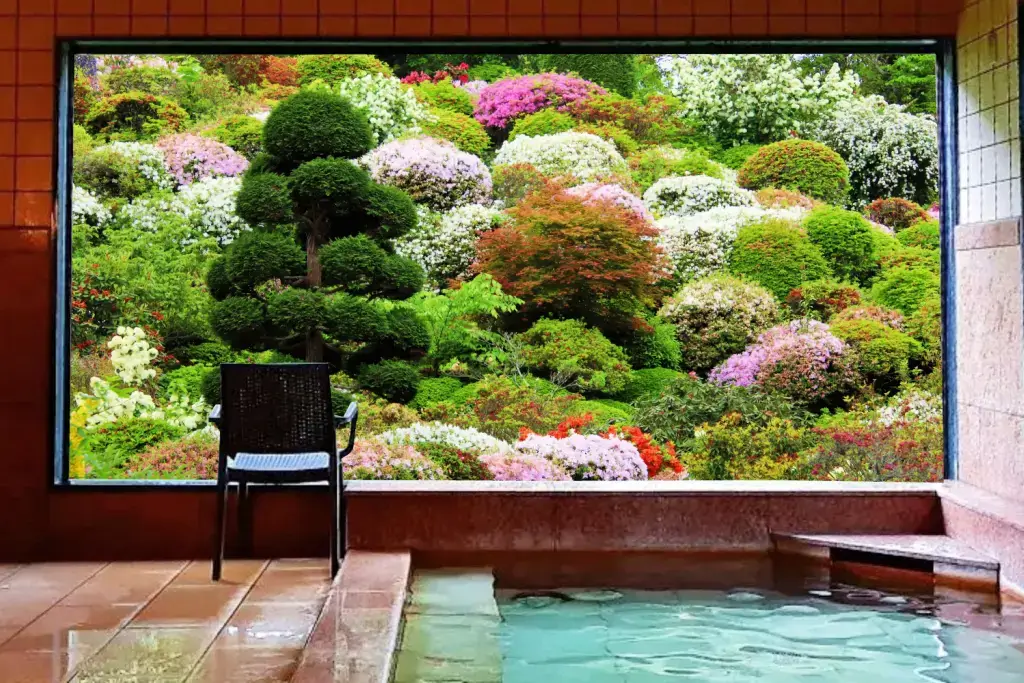
In Hakone, traditional Japanese ryokan offers historic charm and modern luxury. There, you can enjoy the healing waters of Hakone’s onsen baths while eating the finest local cuisine. From Matsuzakaya Honten, steeped in centuries of history, to Hakone Yuyado Zen with panoramic views of Mt. Fuji, each ryokan promises an unforgettable escape into Japanese culture!
What is a ryokan?
A ryokan is a traditional Japanese inn that offers guests a memorable experience with tatami mats, onsen, and delicious food. Beginning in the Edo period as resting spots for travelers, ryokans have become famous among tourists, giving a different experience from hotels. In places like Hakone, ryokans have been a part of the landscape for centuries, drawing visitors with their architecture, cuisine, and hospitality.
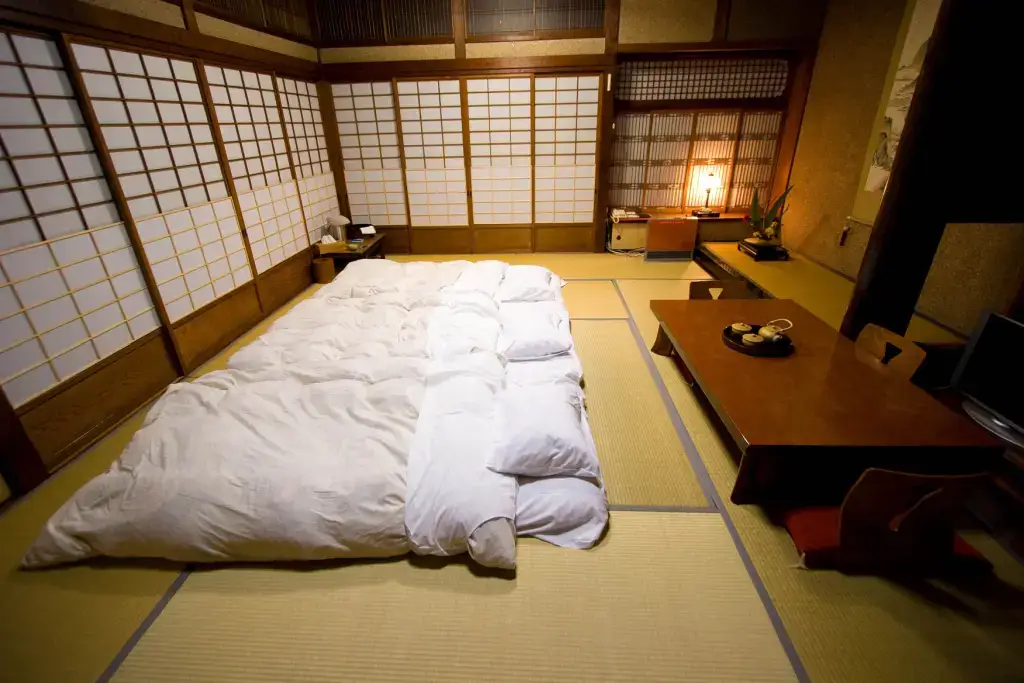
Omotenashi is essential to all ryokans. It involves thinking about guests’ needs and creating a connection. Ryokans typically have natural hot springs, and meals are served in guest rooms using local ingredients from multi-course kaiseki. While some ryokans have Wi-Fi, they carefully maintain their traditional charm. Today, ryokans attract international visitors, providing a unique option for those looking to experience Japanese culture.
What is an onsen?
Onsen, or hot springs, are all over Japan, with Hakone famous for its healing baths. Because many people believe they have health benefits like easing muscle soreness and stress, they’re very popular with tourists. In Hakone, public and private onsen are available, with many ryokan offering onsen for guests. These baths, separated by gender, have strict rules like thorough body washing before entry and avoiding swimsuits.
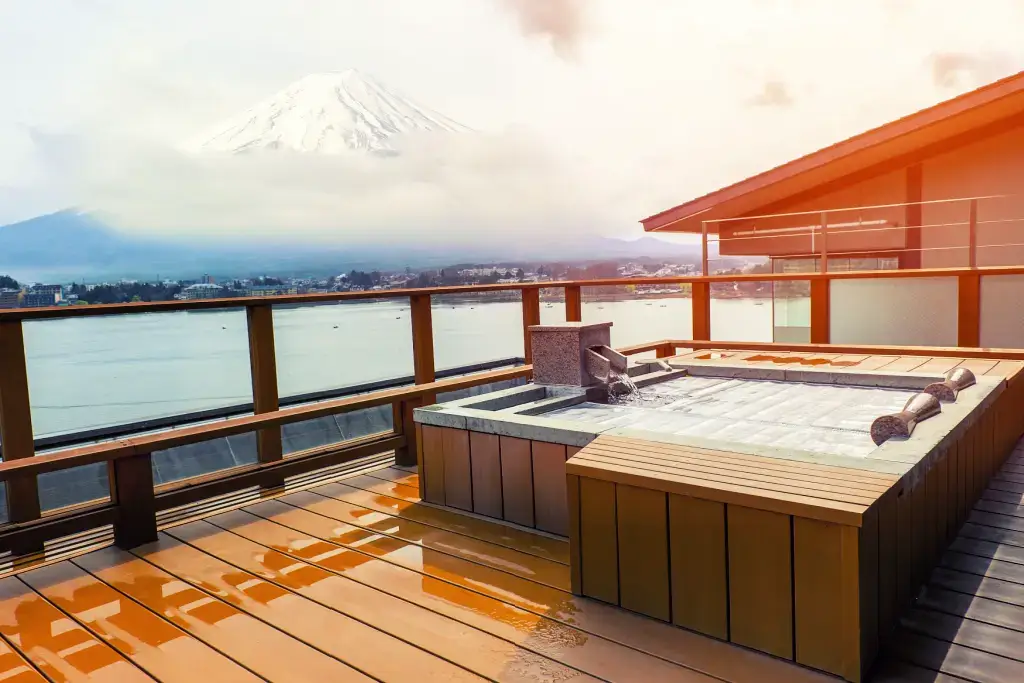
Generally, Hakone has a mix of traditional and modern onsen, some offering additional amenities like saunas and massage services. The mineral-rich onsen water containing elements like sulfur and calcium is believed to possess healing properties. Beginning over 1,300 years ago, onsen baths have become a part of Japanese culture, serving as places for relaxation and socializing with friends and family. So, let’s take a closer look at the best ryokan in the area!
Hakone Yuyado Zen
Hakone Yuyado Zen is an adult-only ryokan in the Sengokuhara highlands of Hakone. Generally, on clear days, rooms with semi-open-air baths offer views of Mt. Fuji. Moreover, each guest room has a half-open-air bath filled with natural hot spring water from Owakudani. The inn uses locally sourced ingredients for dinner, including specially selected wagyu beef. Guests can also enjoy fish from Sagami and Suruga Bay and fresh vegetables from Hakone.
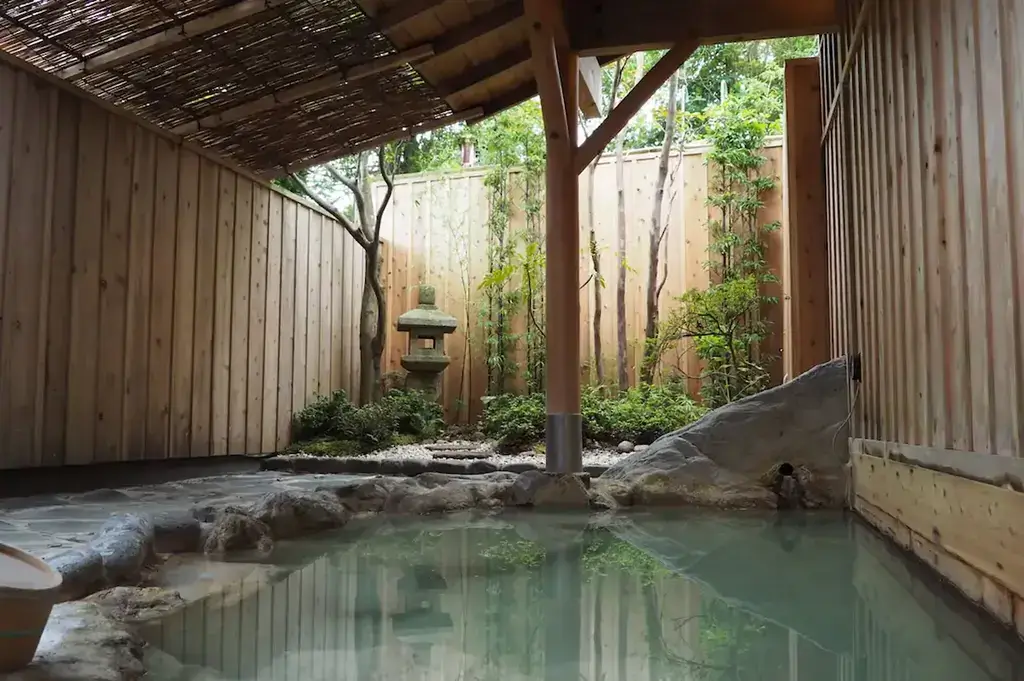
The breakfast menu generally features many small dishes balancing mountain vegetables and seafood. However, affordable Western-style double rooms offer peace and quiet, with free Wi-Fi, private half-open-air baths, and furniture made of wood and stone. Because of its natural beauty and luxurious comfort blend, Hakone Yuyado Zen promises to be a beautiful retreat amidst Hakone’s breathtaking landscapes.
Are you looking for some amazing snacks to enjoy while relaxing in the hot springs of Hakone? Check out Sakuraco! Sakuraco delivers traditional Japanese snacks, teas, and sweets from local Japanese makers directly to your door so you can enjoy the latest treats directly from Japan!
Hakone Hoshi no Akari
Hakone Hoshi no Akari is a hot spring inn known for its beauty and warm hospitality. Praised by guests, the inn has views of Hakone’s mountains from its rooms, each featuring semi-open-air baths and terraces. Additionally, guests can enjoy kaiseki made with local delicacies like Hakone’s beef, paired with personalized. The inn also has a rooftop sky terrace where guests can relax under the night sky and admire the stars.
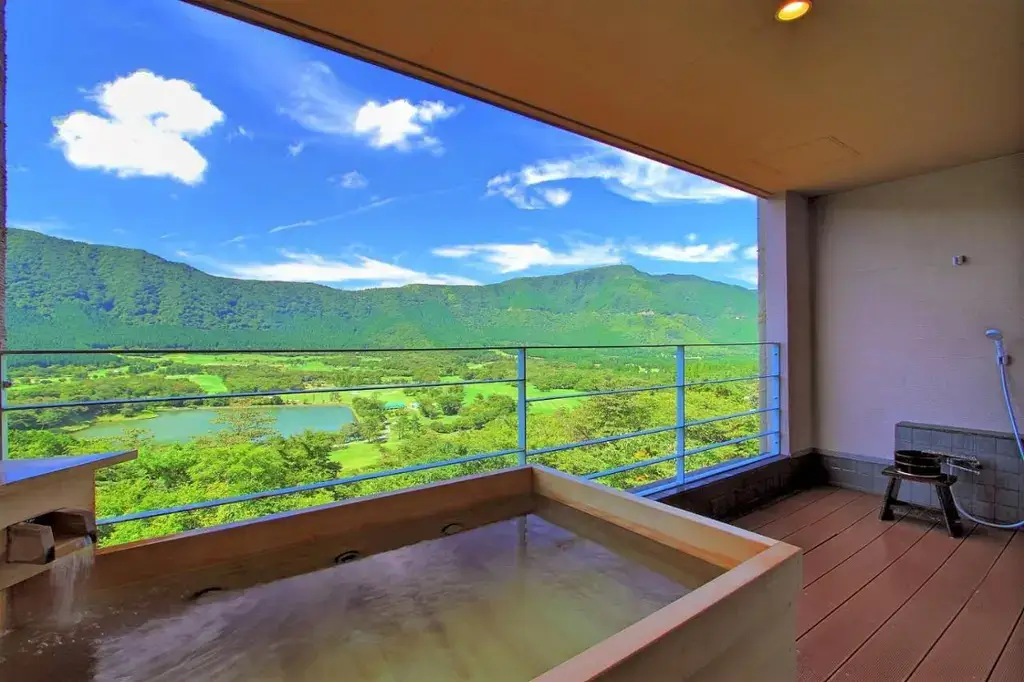
All in all, this inn offers an intimate retreat surrounded by Hakone’s natural beauty. Guests can also indulge in the benefits of Hakone’s famous hot springs, including the milky waters of Senjohara Onsen and the rejuvenating waters of Gora Onsen.
Matsuzakaya Honten
Matsuzakaya Honten is a historic establishment founded in 1662 that continues to charm visitors. This famous ryokan has played an essential role throughout history because it hosts significant meetings and welcomes special guests, including members of the Imperial family. Steeped in tradition, Matsuzakaya Honten offers a look into Japan’s culture, with its elegant architecture and atmosphere inviting guests to step back in time.
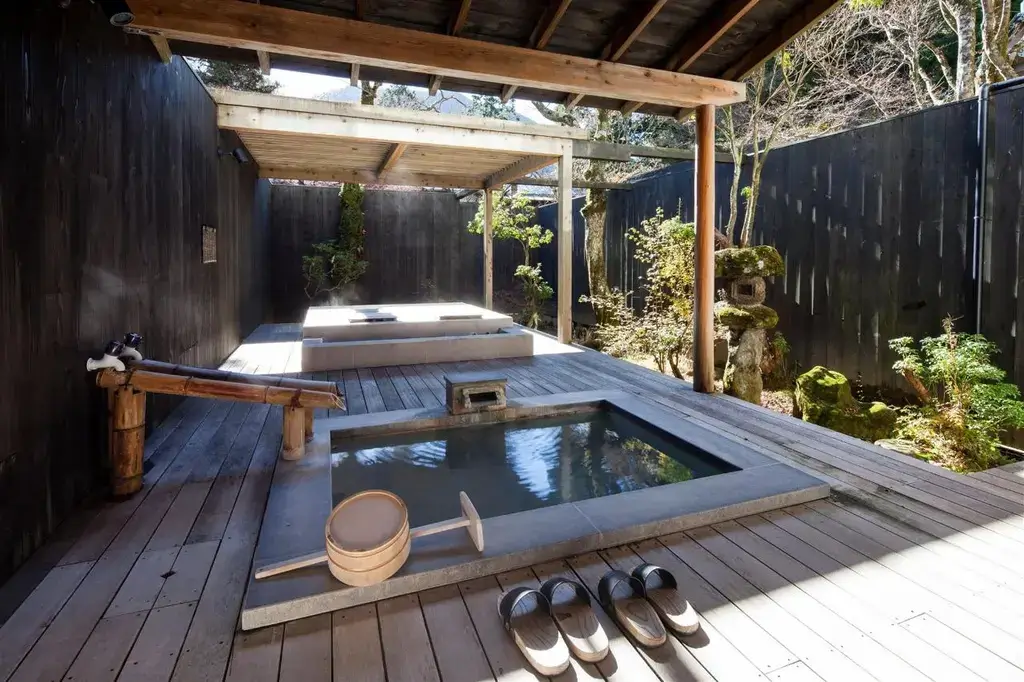
One of the main attractions of Matsuzakaya Honten is its natural onsen, which is famous for its healing properties. Flowing at a rate of 200 liters per minute, the spring boasts a rich mineral composition, including sulfur, sulfate, and hydrogen carbonate, known for their benefits on the skin. Additionally, guests can immerse themselves in the healing waters of the natural onsen, experiencing relaxation and rejuvenation in Hakone.
Whether you are looking for an escape from the city surrounded by lush landscapes or a healing soak in mineral-rich onsen waters, Hakone offers an unforgettable escape for adventurous travelers! Book your stay today and enjoy the enchanting traditions of one of Japan’s most popular travel destinations! Have you ever been to a ryokan in Hakone? If so, which one did you go to? Let us know in the comments below!
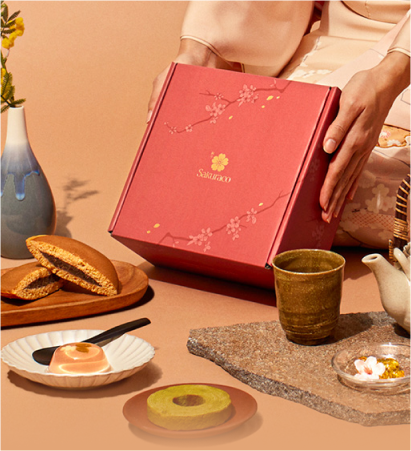
Discover authentic flavors with Sakuraco
Get Sakuraco 

Discover authentic flavors with Sakuraco
Get Sakuraco 
Related Articles
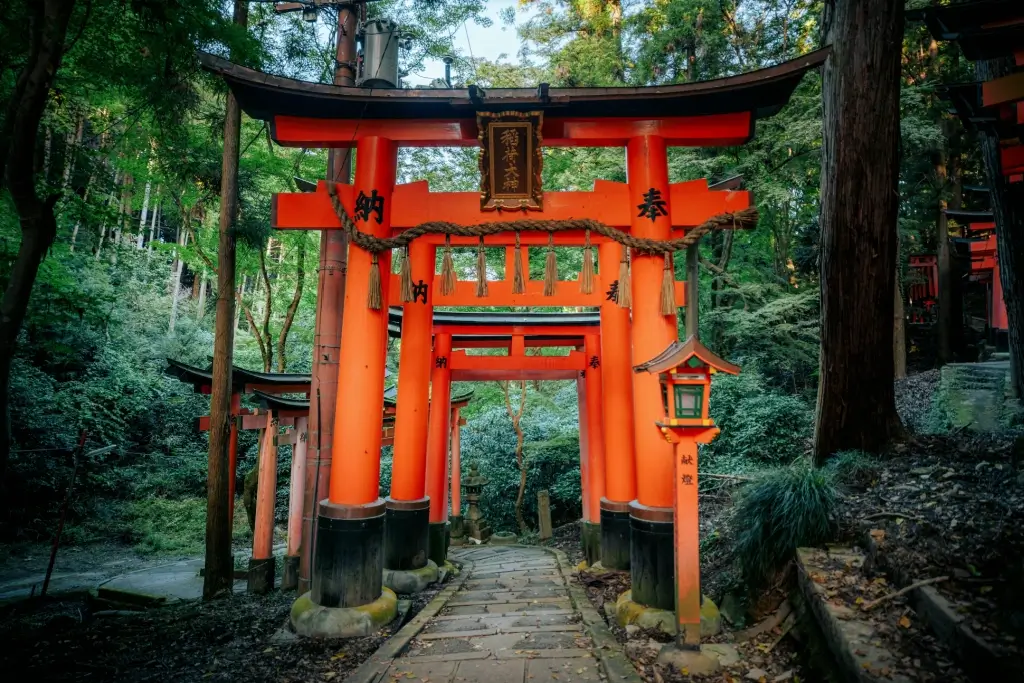
Kyoto Shrines: Five Best Ones to Visit!
Kyoto shrines preserve history within their walls, and their network carries the old days into modern Japan. Visiting them can be a memorable way to learn about Japan’s past and understand how spiritual traditions coexist with modern life.
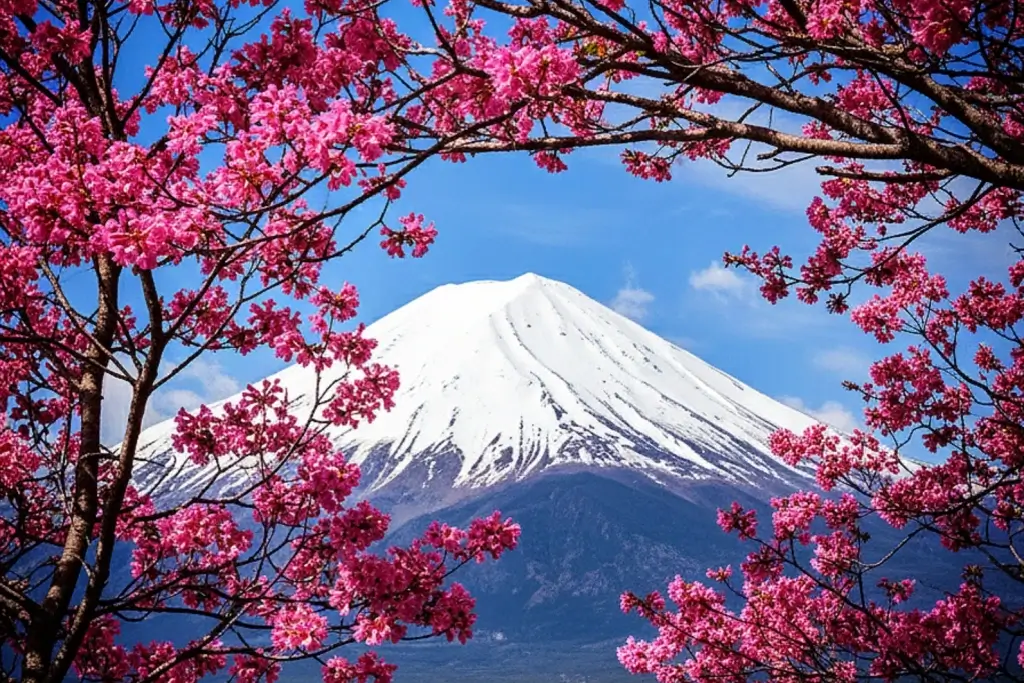
Cherry Blossom Flower Variety Across in Japan: The Ultimate Guide!
Many people know the soft pink cherry blossoms. However, sakura in Japan includes a wide variety.
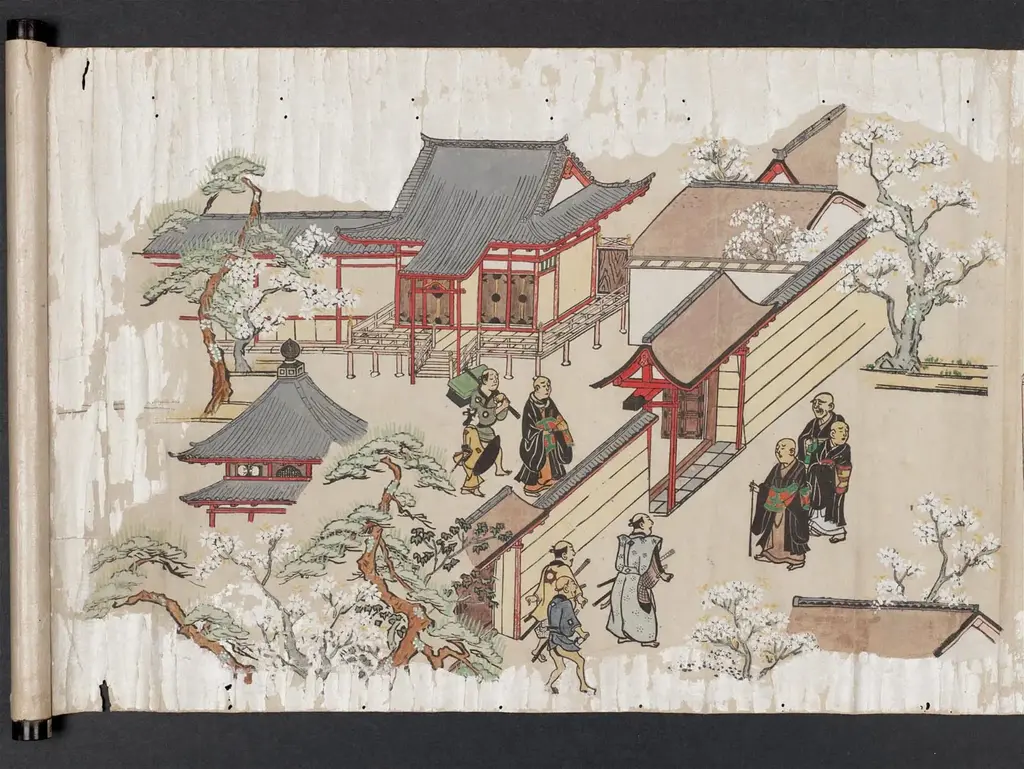
Cherry Blossom Petals and the First Hanami “Pictures”
Cherry blossom petals and hanami feel timeless, but this spring tradition has a clear story. The first hanami “pictures” were not phone photos. They were written records, poems, and paintings made over 1,200 years ago at the imperial courts in Japan.
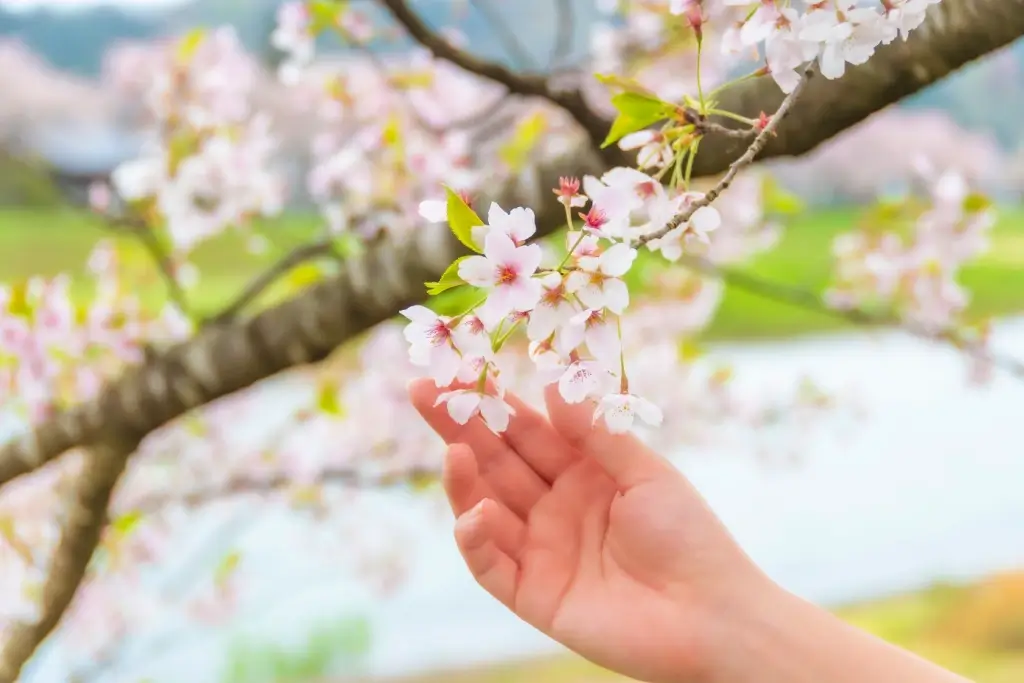
Sakuramori: Who Are The Cherry Blossom Guardians?
Cherry blossom trees, also known as sakura, hold a special place in Japan. People called sakuramori protect and care for these trees. Sakuramori means “cherry blossom guardians” in Japanese. They work hard to keep old trees healthy and plant new ones. Their efforts ensure everyone can enjoy the pink blooms each spring, keeping them healthy and people happy.



